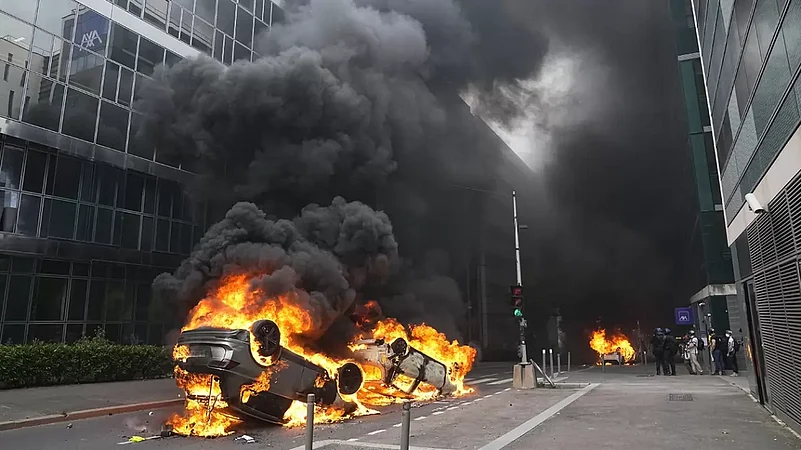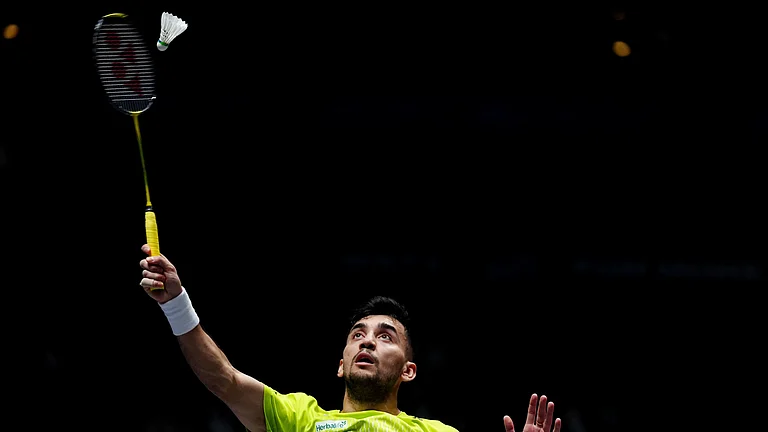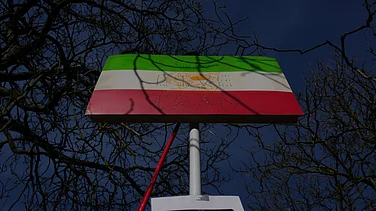France had hoped that with just a year to go for the 2024 Paris Olympics, its capital would by now be getting into the mood, and the only thing burning would be the Olympic torch as its passes through its historic precincts this July 14.
Instead, entire neighborhoods in the city, and parts of France, are on fire due to the rage of locals over two disparate events. One is the law to increase retirement age from 62 to 64, passed this April by President Emmanuel Macron. The other is the killing of a French-Algerian 17-year-old named Nahel Merzouk by police over a minor traffic offence just a few days ago.
These incidents have fanned anger over the Olympics and raised fears whether the Games can be conducted smoothly. “No withdrawal (of pension law), No Olympics,” was the clear message of those protesting the pension plan, for instance.
A large sporting spectacle is always a high profile vehicle for activists to broadcast their grievances. Over the last few weeks, they have attacked Olympic preparations in some form or the other. About a month ago, opponents of the pension bill breached the Paris 2024 headquarters in Aubervilliers, but refrained from vandalism.
Aubervilliers was also the scene when flames from a dozen burning buses nearby inflicted some damage on a swimming facility to be used for practice by athletes once the Games begin. The façade of the building was blackened and a few windows cracked due to heat and smoke.
In March, when the pension law was not yet tabled but got the French Senate’s vote, a local labour union cut power supply to some Olympic venues. These included the Olympic Village and the Stade de France, the main arena for Paris 2024.
Making things worse for organizers are their own internal problems, chiefly financial mismanagement. Recently, the French police raided the Olympic headquarters to investigate charges of embezzlement and favouritism.
Activists are also angry because they allege that Olympic infrastructure has been erected upon blue-collar homes and amenities. Paris-based anti-Olympics activist Natsuko Sasaki told The Nation, “Many of them [people] may not know workers’ gardens were destroyed for an Olympic training pool, immigrant workers lost their home for the sake of the Olympic Village, a new onramp for the Games runs directly alongside a school in Saint-Denis Pleyel, a public park was privatized for the media village.”
Amidst all the racial, economic and political tension, there is the matter of the July 14 torch relay to attend to for organizers. The relay will start at the Champs-Elysées, and then pass through stops like the Sorbonne, the Panthéon, the Sénat and the Louvre. But wait, organizers also want the relay to show the city’s “different facets”. And so it will jog by the Bataclan concert hall, where Islamist terrorists killed 130 people in 2015. That is bound to touch a raw nerve and further polarize locals, especially at a time when the far right leader Marine Le Pen is gaining in popularity over Macron, a centrist.
Despite the instability, Paris 2024 organisers are not getting into alarm mode. They have enough time, and advanced security and surveillance measures, to ensure that the Games proceed without trouble. Which major sports event has not been preceded by dissonance of some sort? Brazil, with its dreaded street violence bred from poverty, was deemed too dangerous a venue to host elite events. But it pulled off the 2014 Fifa World Cup and 2016 Rio Olympics, two of the biggest properties in sports, in quick succession.
Qatar’s choice as the 2022 Fifa World Cup host was universally panned. And while the protests against the decision did draw attention to issues such as the country’s mistreatment of labourers or the LGBTQ community, the tournament was a spectacular success.
In Paris, Kylian Mbappe and the French football team have thrown their weight behind spreading a message of peace among locals.
“Since this tragic event (the killing of Nahel Merzouk), we have witnessed the expression of the people's anger, the substance of which we understand, but the form of which we cannot endorse," the French football team said in a message. “It is your property that you are destroying, your neighborhoods, your cities, your places of enjoyment."
The 1972 Munich Olympics, where Palestine militants infiltrated the Olympic village and caused the deaths of 11 members of the Israeli contingent, show that organizers can’t ever be too careful. Paris 2024 chief organizer Tony Estanguet, a winner of three Olympic gold medals in canoeing, is not taking any chances. The security is expected to be so good, that a few days ago, Estanguet said, “If you want to be safe, come to Paris for the opening ceremony.”
Opening ceremonies are usually held in stadiums. But at next year’s Games, they will be held along the Seine. It might be too much to expect Paris to be back to
being a moveable feast of the Hemingway kind. That era is gone. But some of the joy and light needs to be back.






















